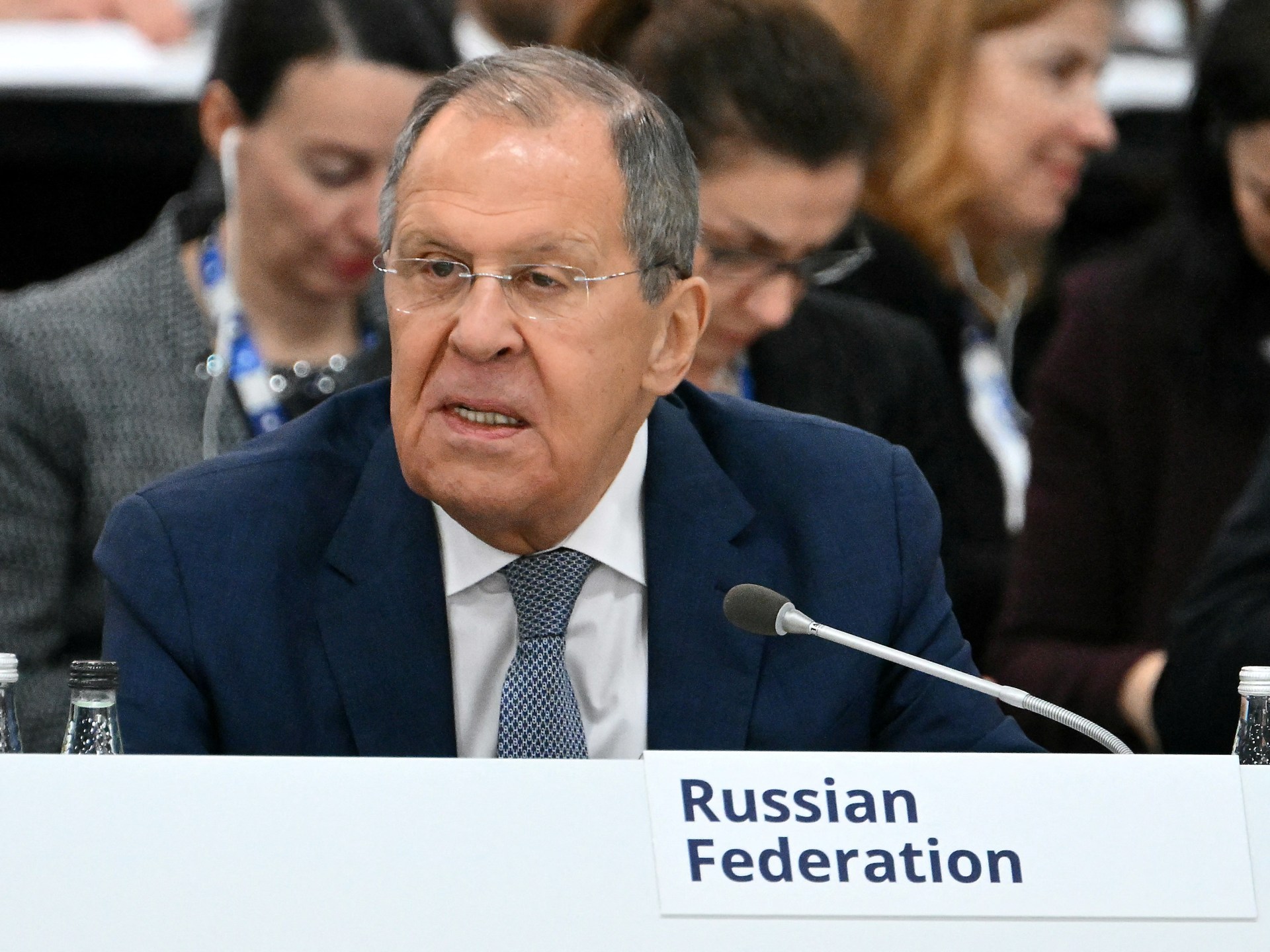Celebration in Damascus as world leaders discuss challenges facing Syria
 13 December 2024
13 December 2024
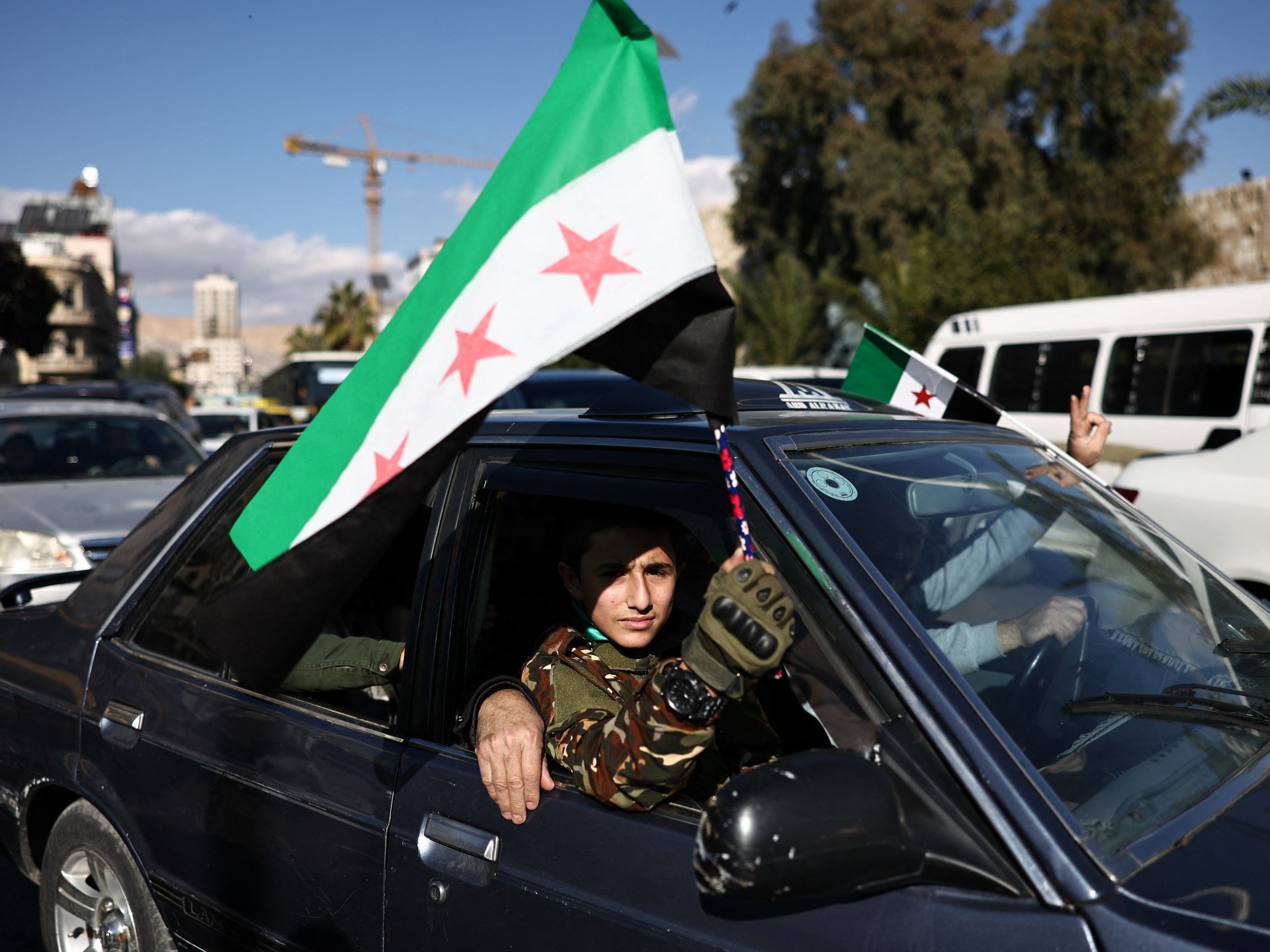

Tens of thousands of Syrians have converged at the landmark Umayyad Mosque in the capital Damascus to celebrate the removal of President Bashar al-Assad, as world leaders held meetings to discuss the challenges facing the war-torn country.
Friday’s celebration was called for by the leader of the Hayat Tahrir al-Sham (HTS) armed group Ahmed al-Sharaa – also known as Abu Mohammed al-Julani.
HTS swept across the country and took the capital last week, removing al-Assad who fled to Russia and capping nearly 14 years of war.
The group, which was affiliated to al-Qaeda before breaking ties in 2016, is designated “a terrorist organisation” by many Western governments that now face the challenge of determining their approach.

In a meeting in Turkiye, United States Secretary of State Antony Blinken said it was “imperative” to work against a resurgence of ISIL (ISIS) in Syria following the fall of al-Assad.
Advertisement
In response, Turkish Foreign Minister Hakan Fidan said Ankara was committed to ensuring stability in Syria “as soon as possible” and “preventing ISIS” from gaining a foothold there.
Syria was also high on the agenda of China’s Foreign Minister Wang Yi during his visit to Egypt. Wang and his Egyptian counterpart Badr Abdelatty said the two sides had agreed to promote peace and negotiations to achieve stability in Syria and the Middle East.
“The two sides are deeply concerned about the current situation in Syria and call for respect for Syria’s sovereignty,” Wang told journalists, urging the prevention of “terrorist and extremist forces from taking advantage of the chaos”.
Later on Friday, leaders of the Group of Seven countries (G7) are expected to meet virtually to discuss ways in which to support the transition to an “inclusive and non-sectarian” government in Syria.
The new government has pledged to protect the rule of law after years of abuses under al-Assad and insists the rights of all Syrians will be protected.
The al-Assad regime killed at least 600,000 of its own people and made millions homeless.
More than a million people have been displaced since the rebel offensive began last month, and the UN’s World Food Programme is seeking $250m for food assistance.
Robert Geist Pinfold from Durham University said people in Syria were going through the “standard stages” that take place following the removal of a dictator, which go from elation, to grief, vengeance and discontent.
Advertisement
“At the start, you have that elation that brings everyone together. And why not? You know, this was a brutal dictator,” Pinfold told Al Jazeera.
“But then you move to the second stage of grieving, mourning – many people finding out that their relatives, who they hoped might be alive, are actually no longer so and then that also opens the door for calls for vengeance,” he continued.
“And then eventually, you get that kind of question of, what does the new normal look like, not just who’s in charge, but also who’s running the schools, the electricity, the healthcare. How many hours of these public services are there a day?” he said.
UN special envoy for Syria Geir Pedersen said he saw many challenges ahead for stabilising Syria.
“While there have been developments towards interim stabilization in some aspects,” he said, “the situation remains very fluid”.
Related News
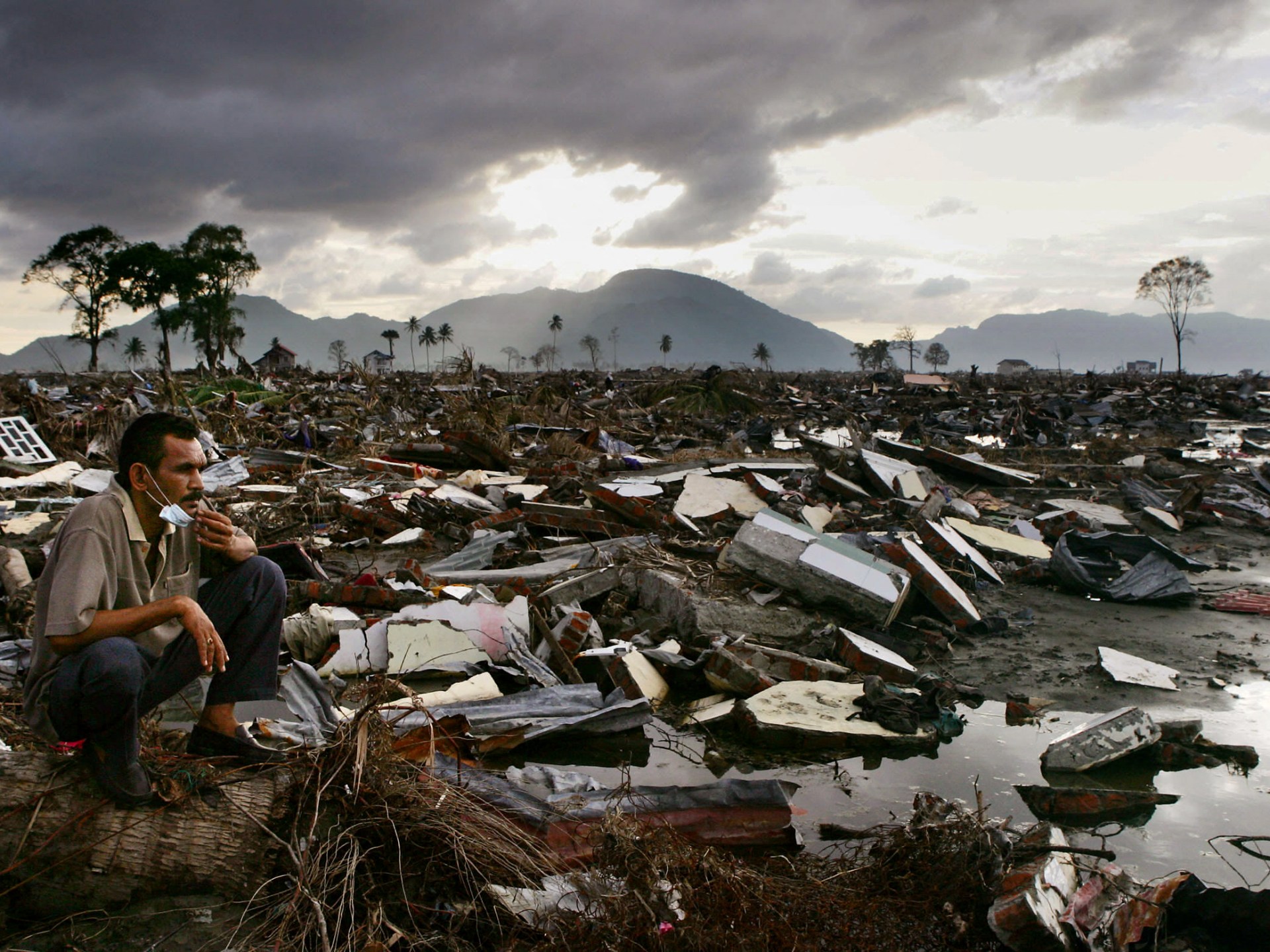
As 20 years pass since world’s worst tsunami, experts warn of complacency
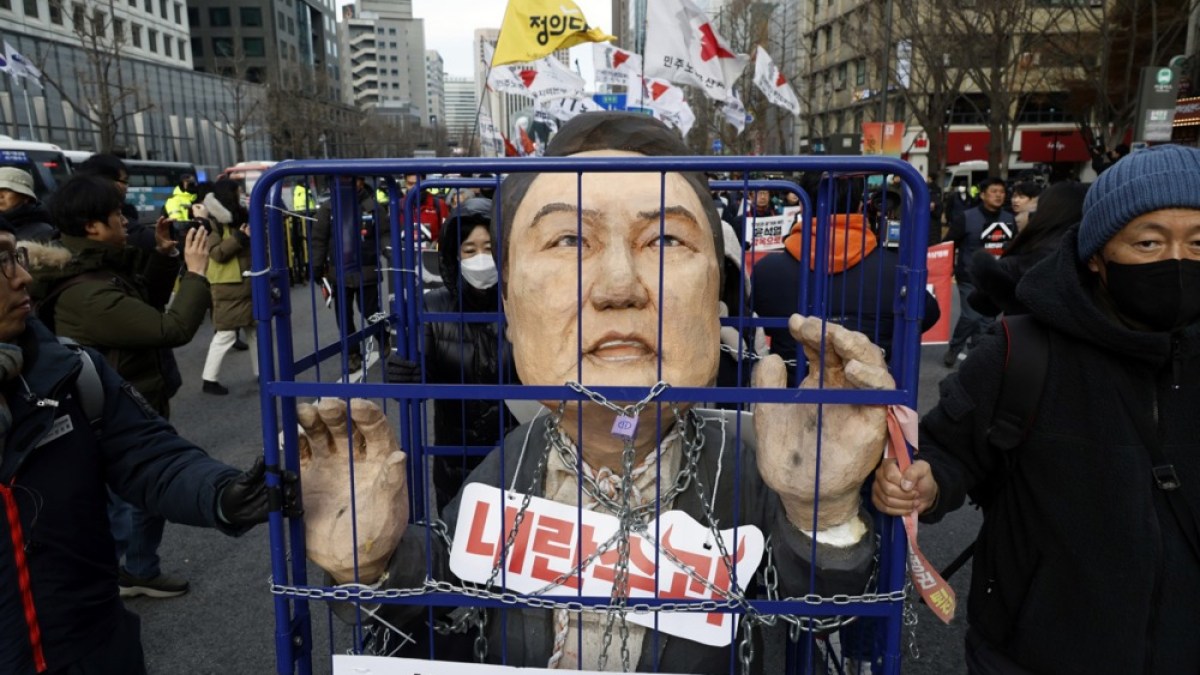
South Korea national assembly votes to impeach President Yoon Suk Yeol
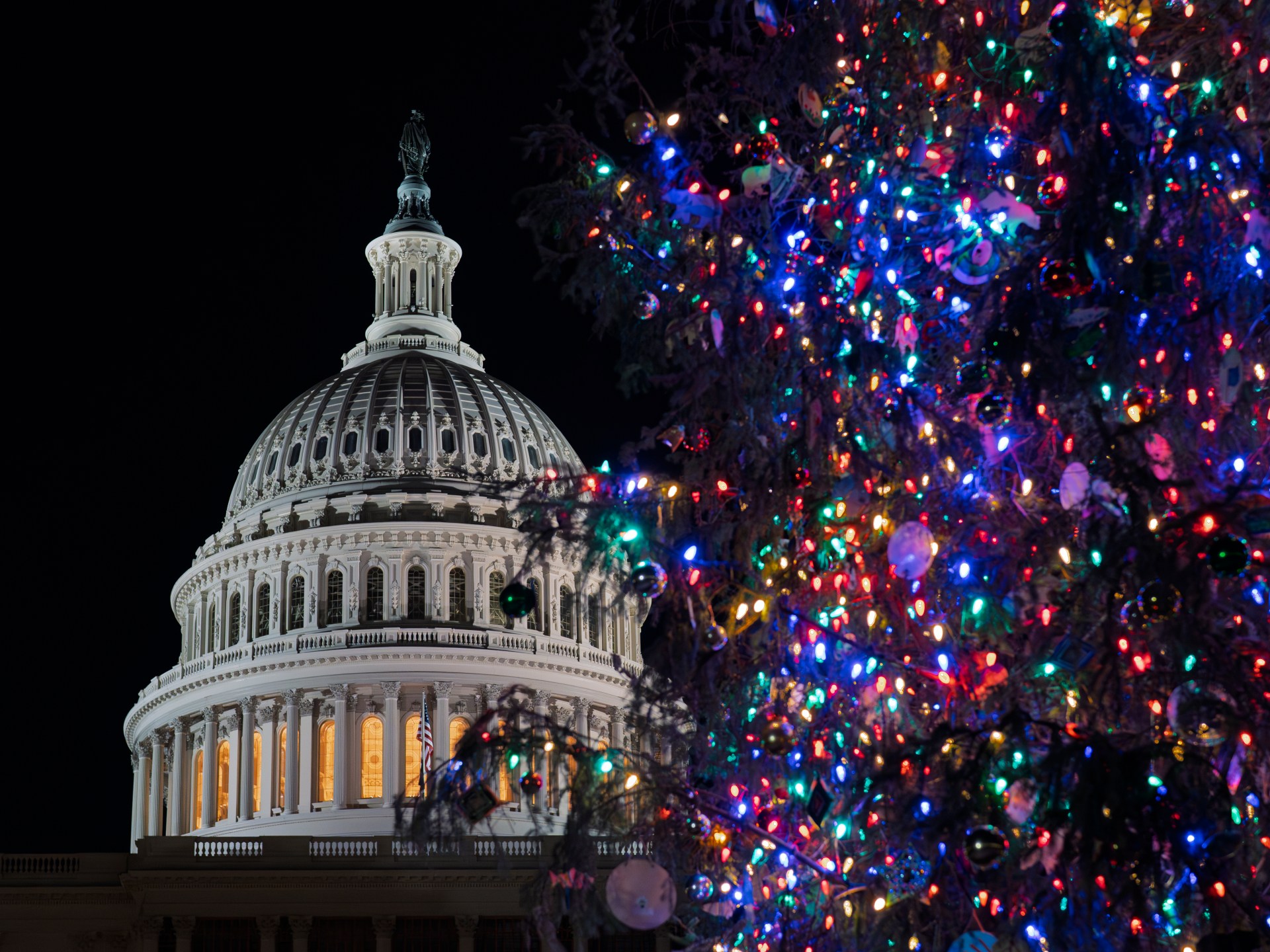
US Congress debates last-minute spending bill to avert government shutdown
